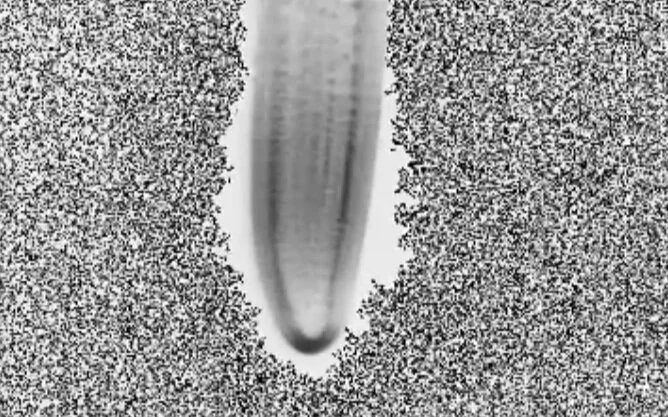Take me to Heather Meyer's research
Carnegie Institute for Plant Science
Environmental Sensing
My work explores how plants sense and respond to changes in their physical environment, such as seasonal temperatures, in order to time key developmental processes.
Intrinsically Disordered Proteins:
A fundamental and long-standing question in the field of cell and developmental biology is how cells spatiotemporally regulate biochemical processes in response to changes in their environment. My research explores a newly discovered mode of subcellular organization during such processes: the formation of membrane-less organelles (MLO) via the assembly of intrinsically disordered proteins (IDPs).
IDPs are structurally flexible proteins that form weak multivalent bonds due to their low complexity amino acid sequences. These properties make IDPs remarkably sensitive to environmental cues and enable the formation of MLOs, which likely serve to concentrate and regulate discrete biochemical reactions including transcription, translation, and signaling cascades. Recent research has suggested that perturbations in IDP behavior drive the onset of neurodegenerative diseases and certain cancers. However, how the assembly and disassembly of MLOs is regulated on a molecular level, as well as what their functions are in healthy cell systems, remain poorly understood.
Deciphering the interplay between IDPs and environmental cues will enhance our understanding of how organisms maintain higher cellular functions in response to fluctuating environmental conditions.



